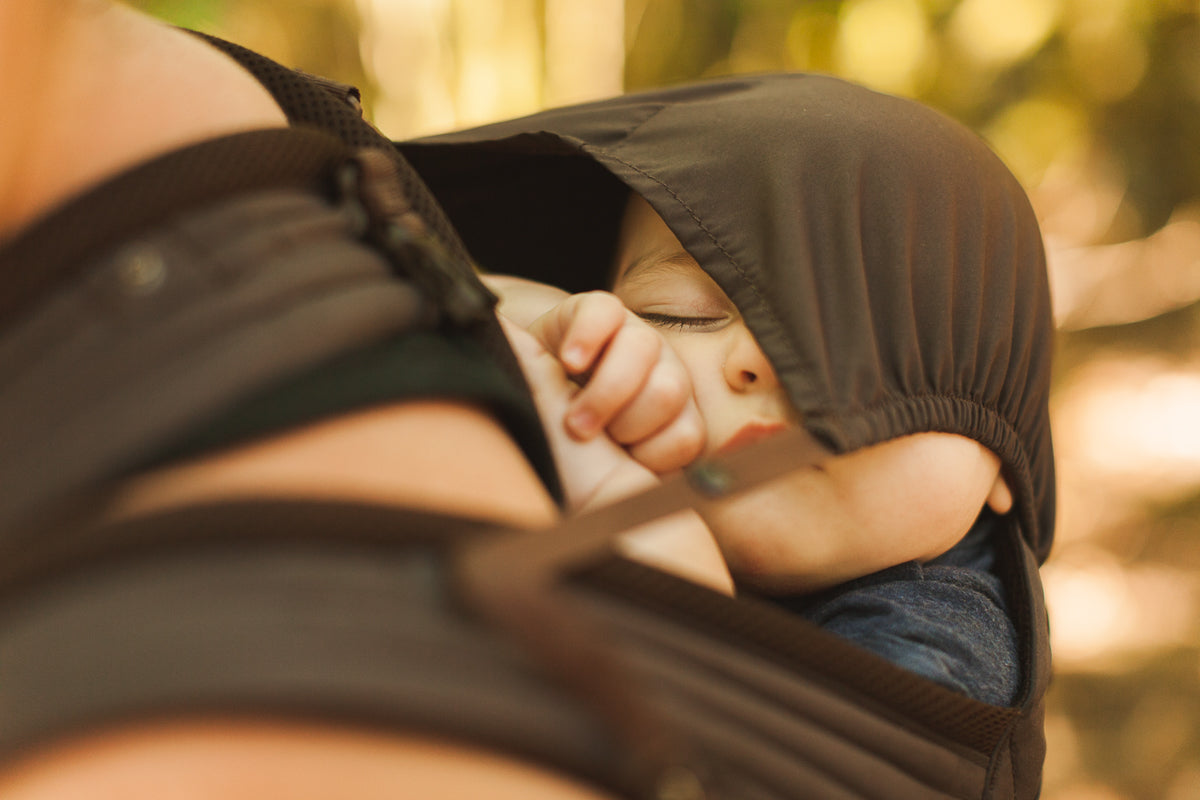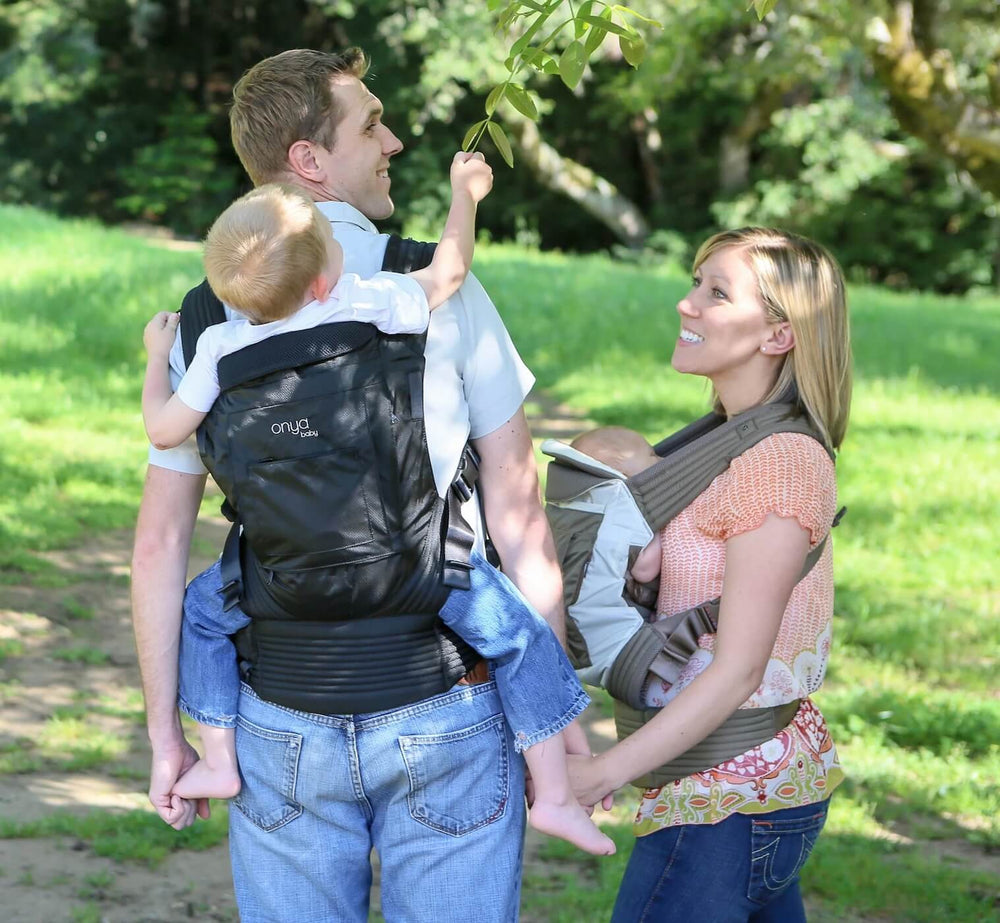The Benefits of Outdoor Play for Children
Being outside has so many benefits – for our children and for us. Of course, we all want to do our best for our children. Find out how easy it is to provide real and lasting benefits for our children – while helping ourselves be healthier, too.

All it takes for you is to grab your essentials, strap on some sturdy shoes and your Onya for when those little legs get tired – and go!
Some benefits of outdoor play include:
- Increased learning potential – until at least 9 years old, a child’s best learning occurs when their whole self is involved, i.e., mind, body, and spirit.
- Reduced stress – unstructured outdoor play allows the child to relax and play under their own guidance freely, while trees have been shown to reduce stress.
- Increased confidence – children who are allowed to play freely build confidence by approaching and solving problems on their own.
- Greater sociability – children who are allowed to play freely with peers develop skills for seeing things through another’s point of view by cooperating, sharing and solving problems.
- Increased physical wellness – children who get up and get moving are healthier than when they live a more sedentary lifestyle.
- Increased eco-responsibility – the more time children spend outdoors, the more likely they are to develop greater levels of ecological stewardship.

Many of these benefits extend to us as adults, too.
When we get up and get moving, especially outside, it has been shown that our moods AND our bodies benefit. When we get outside with others, we build social bonds simply by sharing positive experiences together – we’re social beings, so that’s good for us!
Green spaces lift our mood. Hiking boosts our energy. Making friends helps build our social network. And babywearing is excellent weight-bearing exercise.
So get outside and get moving – and don’t forget your Onya!
Because those little legs are bound to get tired along the way.
Happy babywearing adventures!

References and Further Reading:
– Richard Louv: The School of Nature
– Pacific Standard Magazine: The Value of Unstructured Playtime for Kids
– Frontiers Magazine: Less-structured time in children’s daily lives predicts self-directed executive functioning








